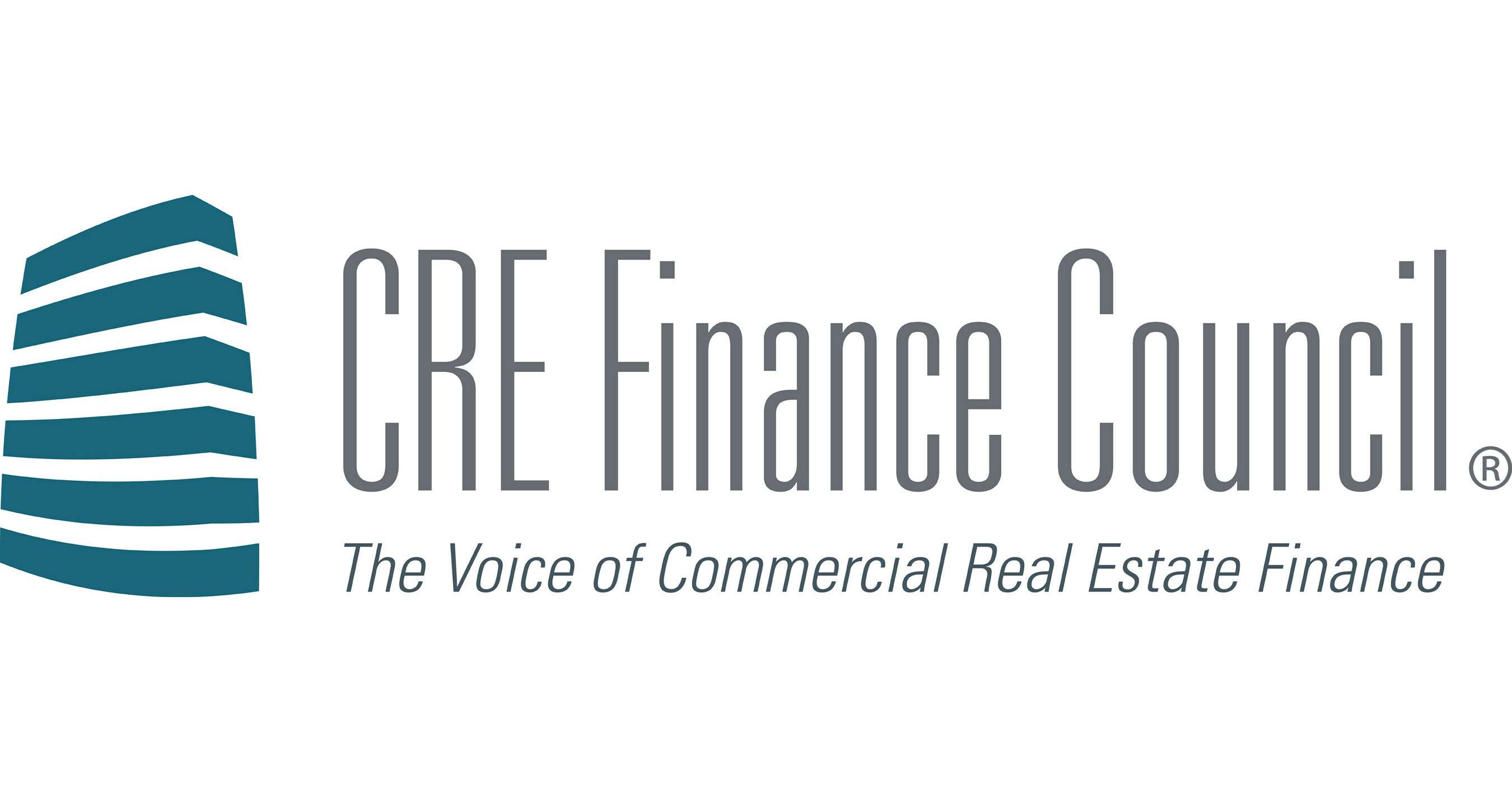T
he housing market's correction last year was a significant shift from the pandemic-fueled boom that saw skyrocketing prices and inventory shortages across the country. As we enter 2024, inflation has decreased, but home prices and mortgage rates remain high. While inventory is slowly increasing, sellers still have an edge in many areas, making it a transitional year for buyers.
Before starting your search, understand the ins and outs of homebuying to make informed decisions for your family and wallet. Here's a step-by-step guide to buying a house:
1. Define your goals: Determine what you want from homeownership, including amenities, location, and savings time for a down payment.
2. Check your credit score: Your credit score affects financing options and interest rates; aim for a high score to secure better loan terms.
3. Save for a down payment: Aim for 20% of the home's purchase price to avoid private mortgage insurance (PMI); research government programs that can help with down payments.
4. Create a housing budget: Consider all costs, including homeowners association fees and maintenance expenses, to determine what you can afford long-term.
5. Shop for a mortgage: Get preapproved and compare terms and rates from multiple lenders or brokers to secure the best deal.
6. Hire a real estate agent: An experienced agent can guide you through the process, help with negotiations, and save time and money.
7. Go house-hunting: Visit homes in person and prioritize must-haves over nice-to-haves; be specific about your needs to find suitable options.
8. Make an offer: Understand how to create an attractive offer package, including your preapproval letter and proof of funds for a down payment.
9. Get a home inspection: This will reveal any mechanical or structural issues with the property, helping you decide whether to ask the seller for repairs or back out of the deal.
10. Negotiate repairs and credits: Work with your agent to negotiate with the seller for repairs or credits to cover costs revealed during the inspection.
11. Secure financing: Finalize your loan approval by keeping your finances in line during the underwriting process; avoid new credit lines, major purchases, or job changes until closing.
12. Do a final walk-through: Inspect the property one last time before closing to ensure everything is complete and move-in ready.
13. Close on your house: Attend the closing with your agent, review the loan details, and wire your down payment and closing costs.
Other considerations:
* The best time to buy depends on your financial readiness; if you're stable and have enough savings, now may be a good time to purchase.
* Understand local market conditions, including taxes, cost of living, job market, and housing situation, which can vary significantly from one area to another.
* Be prepared for extra costs beyond the down payment, such as closing fees, property taxes, insurance premiums, and ongoing maintenance expenses.














